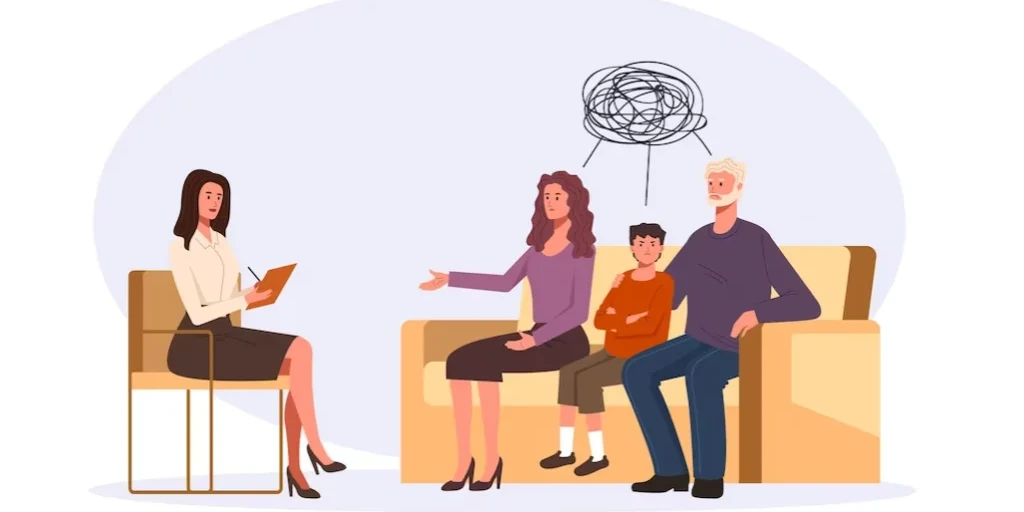24/7 Helpline:
(866) 899-221924/7 Helpline:
(866) 899-2219
Learn more about Anxiety Treatment centers in Menominee County

Other Insurance Options

Magellan

Choice Care Network

Covered California

Highmark

Molina Healthcare

Group Health Incorporated

WellCare Health Plans

Optima

PHCS Network

Aetna

Amerigroup

Health Partners

Sliding scale payment assistance

Holman Group

Cigna

Excellus

CareSource

BlueShield

Medical Mutual of Ohio

Absolute Total Care










Menominee County Alcohol and Drug Abuse Treatment
Menominee County Alcohol and Drug Abuse Treatment is a public rehab located in Keshena, Wisconsin. M...











